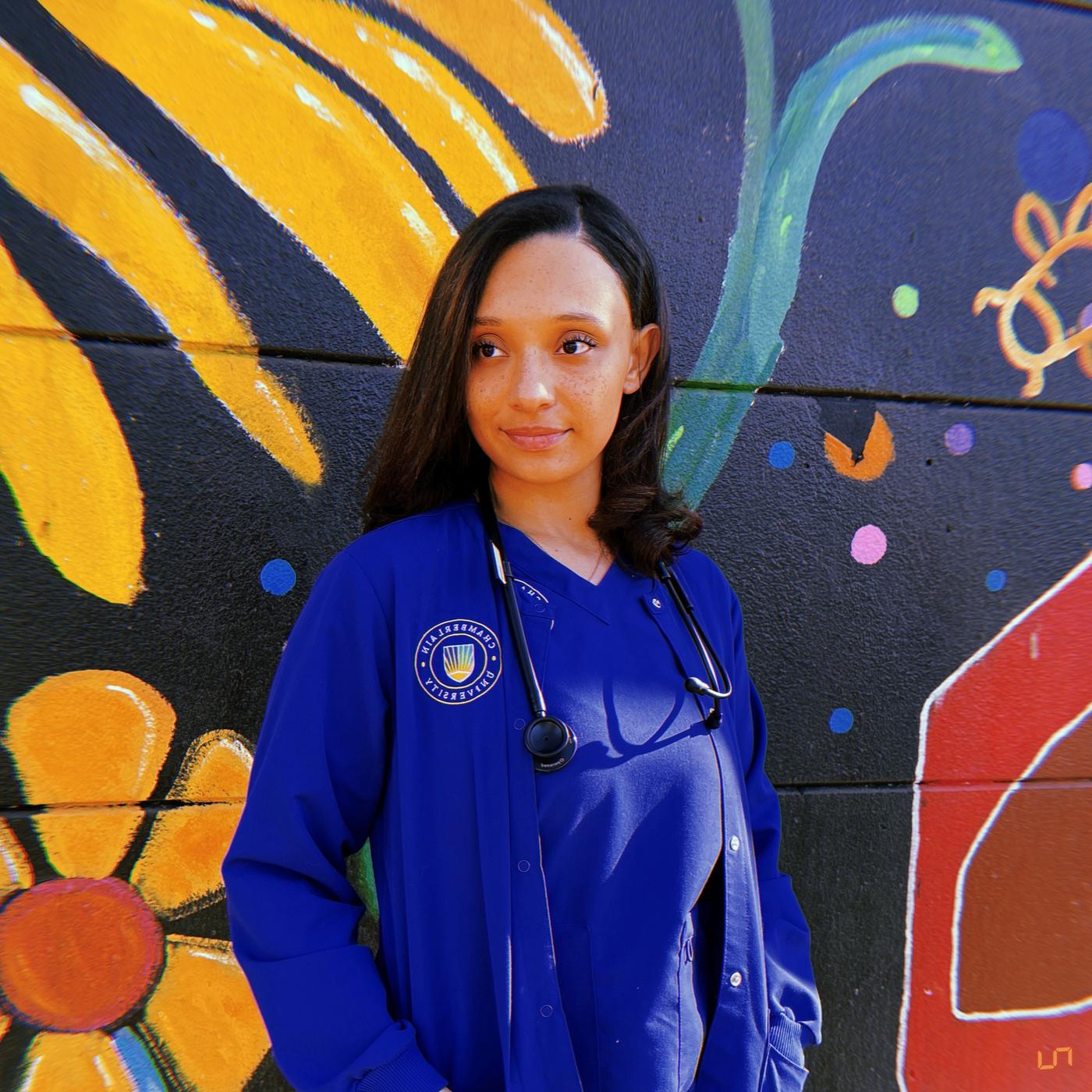Featured
Tags
Share
- Home / Blog / Campus News / What is Accreditation and Why is it Important?
What is Accreditation and Why is it Important?

By Ann Muñana, Director, Regulation and Accreditation, Chamberlain University and Trish Hughes, Senior Director, Regulation and Accreditation, Chamberlain University.
When choosing a university, there are a lot of factors to consider — cost, location, faculty and student support are among the most important criteria to new students. However, the role of a school's accreditation status cannot be underestimated. Whether or not a school is accredited is a key indication of the quality of the institution and an assurance to the public of the education it provides.
There are two types of accreditation that all prospective students should know. There is accreditation of the university itself and accreditation of the specific program of study.
For example, Chamberlain University is accredited as an institution by The Higher Learning Commission (HLC). The baccalaureate degree program in nursing, master’s degree program in nursing, Doctor of Nursing Practice program and post-graduate APRN certificate program at Chamberlain University are accredited by the Commission on Collegiate Nursing Education.
Here’s a general breakdown of institutional and program accreditation.
Institutional accreditation
According to the HLC, “Institutional accreditation assesses the capacity of an institution to assure its own quality and expects it to produce evidence that it does so. The responsibility for assuring the quality of an institution rests first with the institution itself.”
The HLC reviews the education offered by Chamberlain and determines if it meets certain criteria, including, but not limited to:
- Sufficient numbers of faculty with experience and qualifications to carry out both the classroom and the non-classroom roles of faculty, including oversight of the curriculum and expectations for student performance; establishment of academic credentials for instructional staff and involvement in assessment of student learning
- Processes and resources for assuring that instructors are current in their disciplines and adept in their teaching roles and supports their professional development
HLC accreditation is evidence that Chamberlain meets all the standards of an institution that is able to confer legitimate academic degrees.
Program accreditation
Officially recognized by the U.S. Secretary of Education as a national accreditation agency, the CCNE is an autonomous accrediting agency, contributing to the improvement of the public's health. CCNE ensures the quality and integrity of baccalaureate, graduate, and residency programs in nursing. CCNE serves the public interest by assessing and identifying programs that engage in effective educational practices. As a voluntary, self-regulatory process, CCNE accreditation supports and encourages continuing self-assessment by nursing programs and supports continuing growth and improvement of collegiate professional education and nurse residency programs (http://www.aacnnursing.org/CCNE).
Chamberlain College of Nursing must also obtain approval from the requisite state authorization agencies/bodies, such as the Board of Higher Education and the Board of Nursing.
Here are example listings of CCNE-accredited nursing degree programs and HLC-accredited institutions, including Chamberlain.
If you have specific questions about Chamberlain’s accreditation, you may contact Dr. Tona Leiker, Director, Regulation and Accreditation, for pre-licensure nursing program questions, at amunana@chamberlain.edu. If you have specific questions about Chamberlain’s accreditation, you may contact Dr. Trish Hughes, Director, Regulation and Accreditation, for post-licensure and graduate program questions, at thughes@chamberlain.edu. For Chamberlain's most updated accreditation, visit chamberlain.edu/accreditation.
By Chamberlain University
More from Campus News
Request More Information
To receive the Chamberlain University Program Guide, including associated career paths, please select a program of study.






